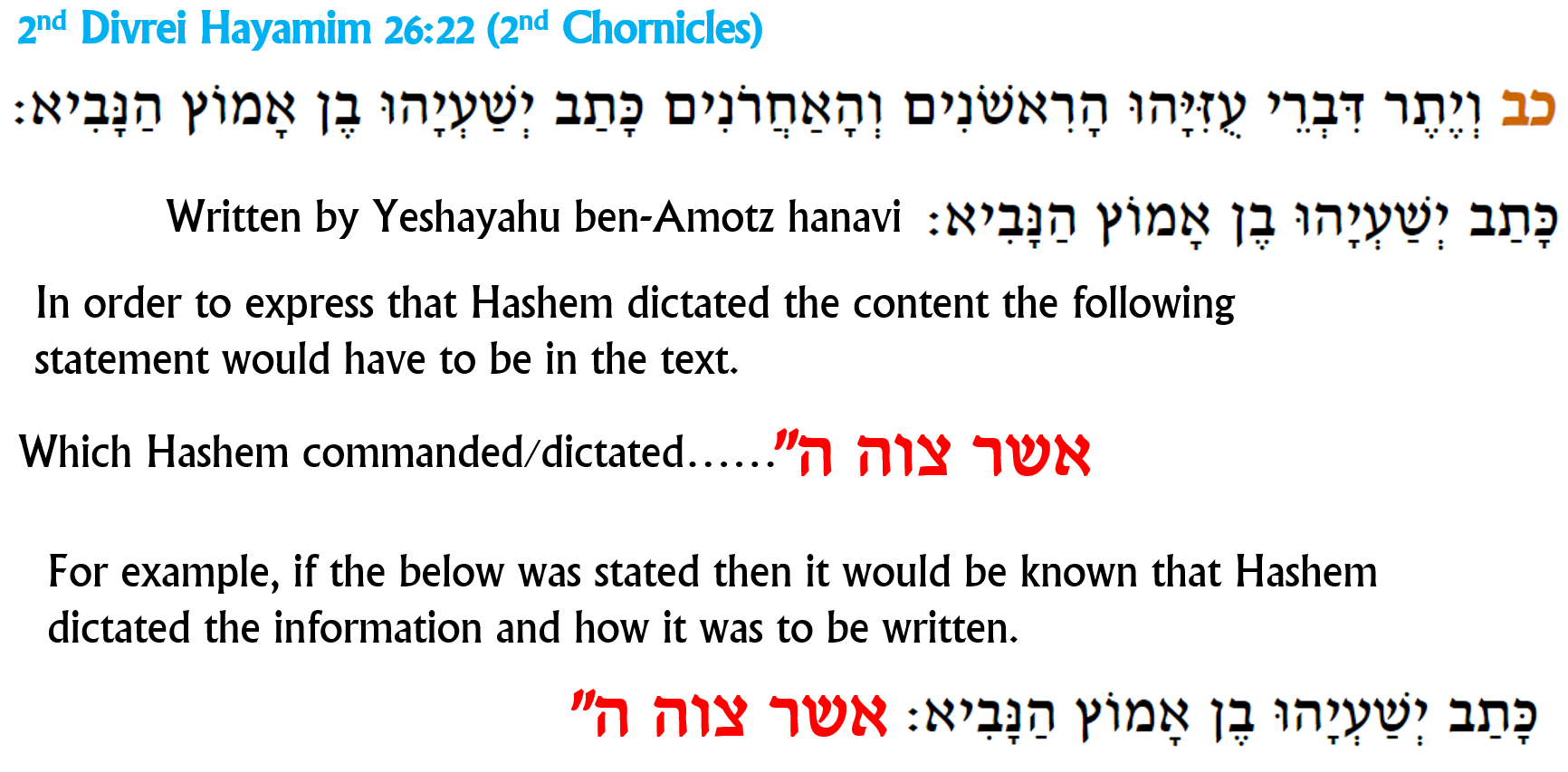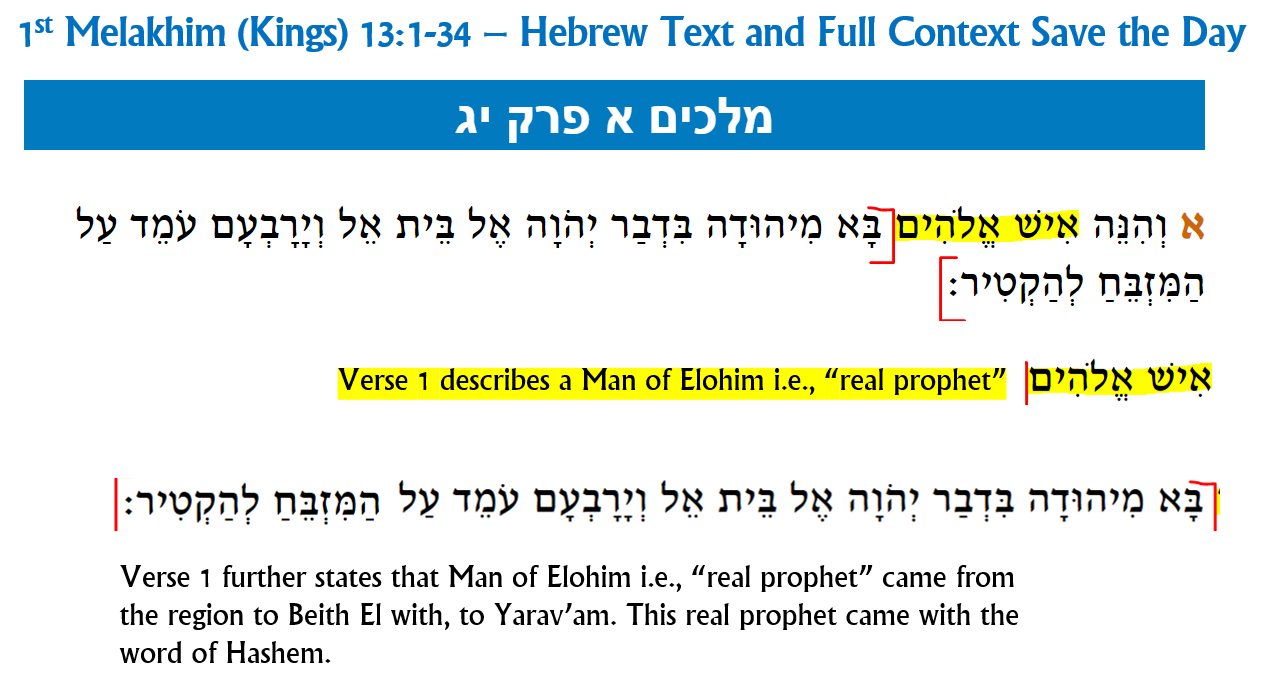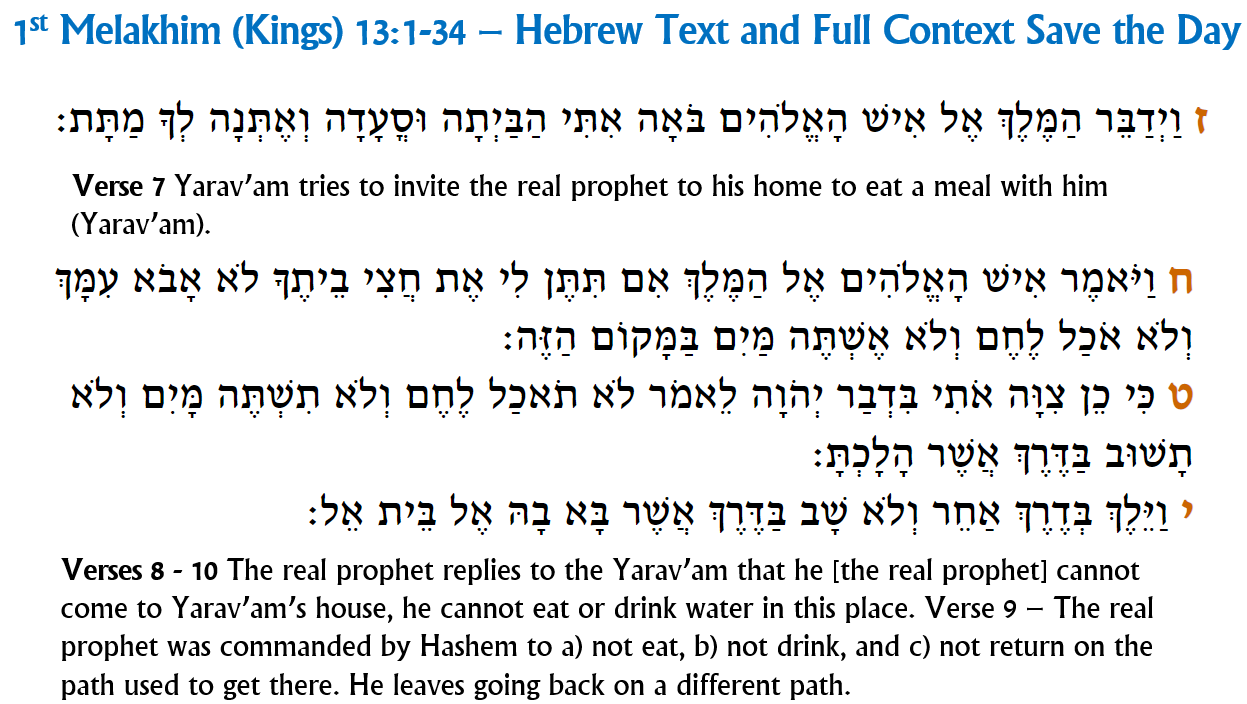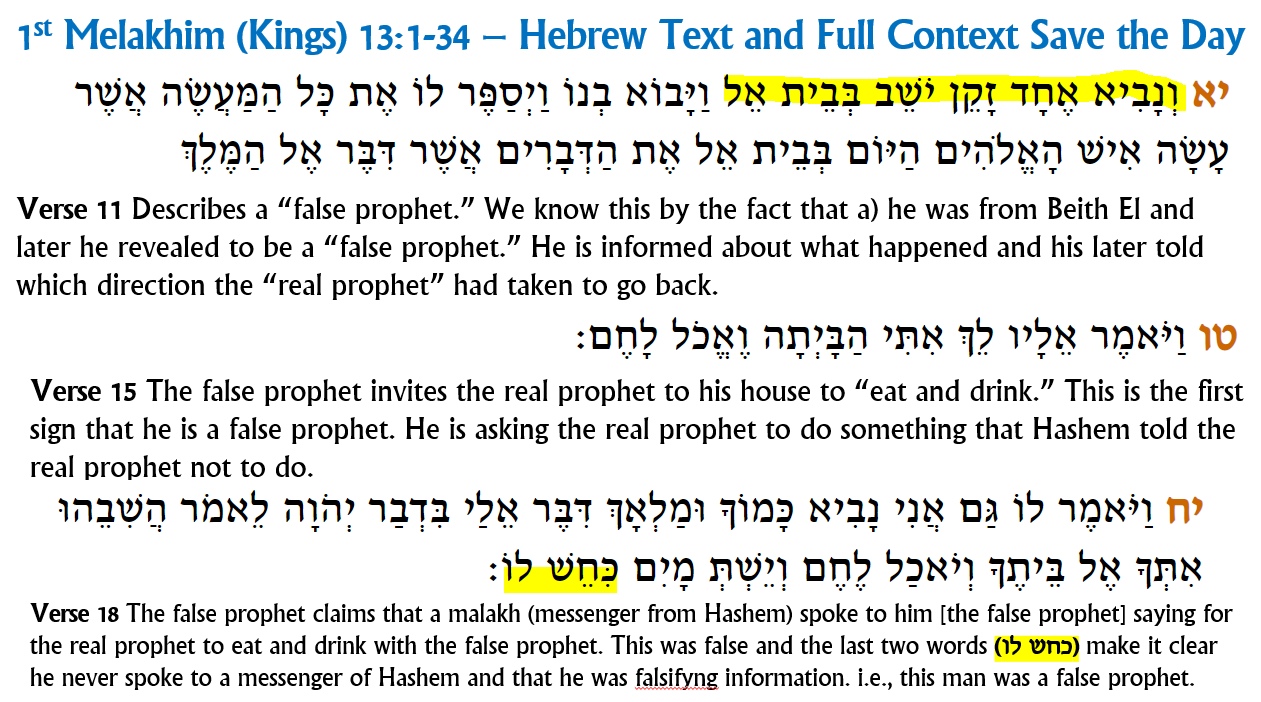Both answers are true. I.e. Ezra Hasofer was a student of Barukh ben-Niryah. Barukh ben-Niryah was a student of Yirmeyahu. Ezra Hasofer and his Sanhedrin/Mosaic court was responsible for deciding what texts of the Nevi'im were to be kept and preserved.
Thus, Yirmeyahu started the process of writing the text of Melakhim and Ezra Hasofer only being another generation away from Yirmeyahu codified it. The text from Yirmeyahu and others, because obviously Yirmeyahu was relying information from others of his generation and previous ones, was collected together during the generation of Ezra Hasofer. Further evidence that the structure of the text was not "dictated" by Hashem. Thus the standards for exact word for word, line for line, space for space, textual preservation are not the same as those of a Torah scroll.
The view of these "nameless others" you mention are not a problem. As I stated above, there is no requirement from Torath Mosheh Jews for Yirmeyahu to be the "sole" author of every letter or sentence in the text of Melakhim.
Any other Torath Mosheh Jew who added to the text, or supplied informationt to Yirmeyahu, was a good thing because there was no requirement for the text to be only the work of Yirmeyhau. So, if 30,000 Torath Mosheh Jews contriduted to Sefer Melakhim, not a problem and we Torath Mosheh Jews are thankful for thier work. Again, further proof to the point I made earlier. So, Yirmeyahu and whoever else made it clear that the old man mentioned in the text was a false navi. (see
post #77 where I explain this)
Again, that is a Christian view of the Christian bible. We Torath Mosheh Jews know that the individual in the text of Melakhim that started this line of conversion was a false Navi, and thus that was the reason that he real Navi mentioned in the text met the fate he did because he listened to a false Navi. Lastly, as I mentioned about this issue Hashem did not call the individual a navi.
In order to understand what I mean,
Post #81 and what is listed below.




